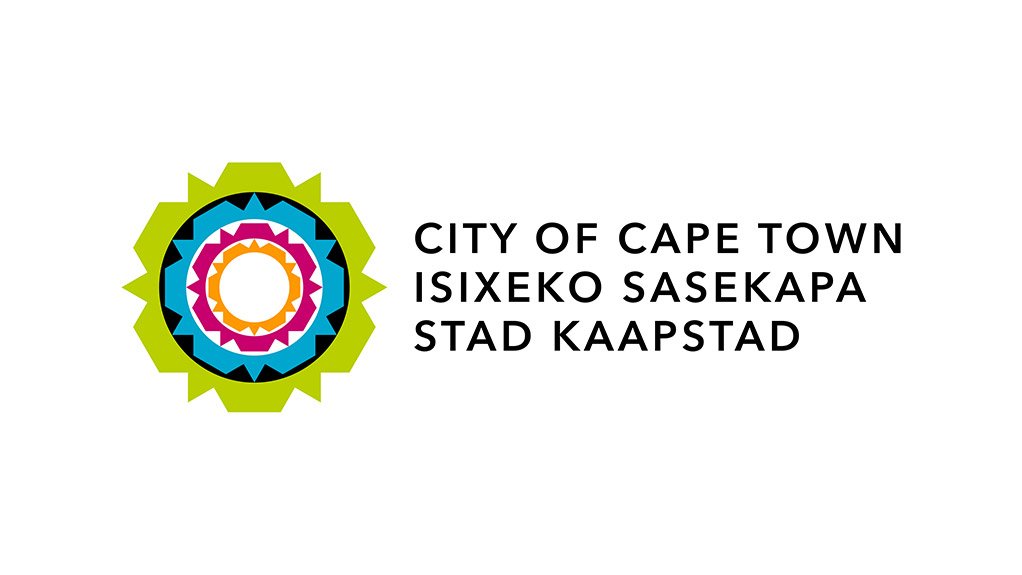/ MEDIA STATEMENT / The content on this page is not written by Polity.org.za, but is supplied by third parties. This content does not constitute news reporting by Polity.org.za.
Census 2022 data shows that Cape Town’s population is now 4 772 846, remarkably 27,6% higher than in 2011. Expanding Cape Town's water supply sources is becoming crucial to being able to cater for rapid population growth, which has intensified water demand and put strain on existing water infrastructure. Successful implementation of the new water programme is under way and key to building water resilience and sustainability for the future.
Population growth and the impact of climate change such as erratic weather patterns, pose significant risks to water security in a city prone to drought. To increase water supply sources, the Water and Sanitation Directorate has implemented the New Water Programme (NWP), which aims to diversify and expand Cape Town's water supply sources.
The NWP is a comprehensive approach that includes diverse initiatives aimed at adding 300 million litres of water per day, from new sources by 2030. This includes: clearing alien invasive plants, groundwater extraction through aquifers, water reuse, infrastructure maintenance and long-term plans for desalination.
Here are some key updates:
Removal of Alien Invasive Species
In the past six months alone, the alien invasive clearing programme has seen 16,1 billion litres of water replenished and making its way to our dams. This is equivalent to 44 million litres more water per day, gained from removing non-indigenous plants.
For the fiscal year 2023/24, the City has committed R25 million to continue clearing activities in the four catchment areas, ensuring that more water reaches our dams and Cape Town maintains a resilient water future.
Faure New Water Scheme
The New Water Scheme will be built at the Faure Water Treatment Plant and Reservoir in the coming years and is planned to augment and diversify the City’s drinking water supply by an ultimate capacity of 100 million litres per day. Treated wastewater will be purified through a new advanced water purification plant in accordance with international best practices to produce safe quality drinking water.
The City is in the advanced stages of planning for water reuse which is treated to drinking quality standards
Groundwater
Tapping into groundwater through investment in aquifers, provides an additional source of water and reduces the reliance on rain-fed dams. This process involves removing water from underground sources, which is then filtered and treated to meet national water standards.
The City is planning to invest about R4,7 billion into projects to bring approximately 105Ml/day of groundwater online to contribute to our drinking supply by 2040.
The City will be investing approximately R2,6 billion into the Cape Flats Aquifer project. The boreholes are expected to produce 50 to 60 million litres a day to help ensure that Cape Town’s drinking water supply is reliable in the face of unpredictable rainfall and climate change impacts.
Desalination
The proposed permanent desalination plant is a seawater reverse osmosis plant planned for the augmentation and diversification of the City’s drinking water supply, by a capacity of between 50 and 70 million litres per day (Mℓ/day).
The plant will incorporate advanced technologies that are new to the City. The task of producing desalinated drinking water that meets South African standards will require operational rigour at a significantly higher level than needed for the conventional water treatment plants operated by the City. The infrastructure required for the plant has been planned and the technical feasibility studies have been completed.
Treated effluent as an alternative to potable water
‘The City is improving its water reuse capabilities by investing in advanced wastewater treatment technologies, which ensure that wastewater is treated to the highest standards. At present this allows treated effluent to be used for non-potable purposes such as irrigation and industrial processes, which greatly reduces the strain on freshwater resources,’ said the City’s Mayoral Committee Member for Water and Sanitation, Councillor Zahid Badroodien.
Ongoing pro-active maintenance
Another priority is regular maintenance of existing infrastructure and effective management of limited resources. This includes upgrading existing water treatment facilities, expanding storage capabilities and implementing cutting-edge water distribution systems to maximise the use of water. An allocation of R836,6 million has been set aside for the Water and Sewer Pipe Replacement Programme for this financial year.
‘Through actively implementing these solutions and investing in infrastructure maintenance, the City aims to ensure a sustainable water future for its residents and mitigate the challenges posed by population growth and climate change,’ said Councillor Badroodien.
Issued by the City of Cape Town
EMAIL THIS ARTICLE SAVE THIS ARTICLE ARTICLE ENQUIRY
To subscribe email subscriptions@creamermedia.co.za or click here
To advertise email advertising@creamermedia.co.za or click here











